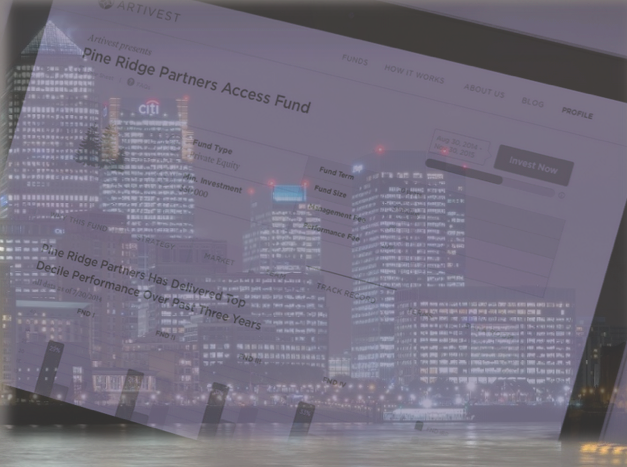
The British Business Bank Equity Tracker report has been released, and it shows that the number and value of private investment deals have increased in the UK for last year. However, not all is good news, especially for women in finance. While the overall amount invested has reached record levels there is evidence that female-founded companies are disproportionately represented in their access to growth stage capital.
The amount of equity invested in smaller UK businesses rose by 5% to £6.7bn in 2018, the highest amount recorded. However, concerns have been raised regarding the levels of equity deals that have seen female involvement. Statistics have initially indicated that the proportion of equity being received by companies founded by women is on the wane. Furthermore, the findings of the report demonstrate that companies involved with equity deals that are female-founded still have very little influence in the market.
Jenny Tooth, CEO of the UK Business Angels Association – working closely with the British Business Bank to support the growth of angel investment in the regions – breaks down what this report means for women involved with equity deals, and the access to growth stage capital for businesses that were female-founded.
Female-founded business continue to suffer from disproportionate access to equity
“The proportion of equity in the UK going to companies with at least one female founder has declined to 18% from 20% in 2017. Companies with female founders were only five per cent of total deals and only two per cent of total investment value. With such media coverage regarding women in business and tech, it still highlights the gargantuan challenge for female-founded businesses to access sufficient investment to scale up.
But female founders are more likely to get funded at seed stage with 24% of all seed stage deals being in companies with at least one female founder. This reveals the challenge that women founders have in accessing growth stage capital. The magnitude of the task to get women their fair proportion of equity is vast.
Angels are the most significant Investors in Female Founders at seed stage
The statistics from the report show a worrying decline overall in the level of equity investments overall in female founders in 2018. However, angel investments in women founders represent 22% of seed stage deals, highlighting that angel investors are a significant source of investment for companies with at least one female founder and demonstrate the importance of encouraging more female angel investors who are much more likely to support female-founded business.
Visible Angel Market is the tip of the iceberg
One of the main constraints to have surfaced from this report is that only 30% of all equity deals are visible. This makes it extremely difficult to provide a truly representative picture of the equity market. This especially reflects the reporting on angel deals. Many angel deals are private investments to private companies, and therefore there is no compulsion to release the details of such deals publicly. It would be conceivable therefore that a substantial amount of the 70% of equity deals that we are not aware of, are perhaps investments by business angels. Furthermore, if we had greater knowledge of the equity market, we may see an increased level of female activity involved with equity deals.
It is therefore absolutely clear that we need a better understanding of the angel market. For this reason, the British Business Bank, in collaboration with the UK Business Angels Association, are conducting research in 2019 into the UK angel market so that we can gain a better understanding of business angel investing here in the UK.”
HedgeThink.com is the fund industry’s leading news, research and analysis source for individual and institutional accredited investors and professionals








































